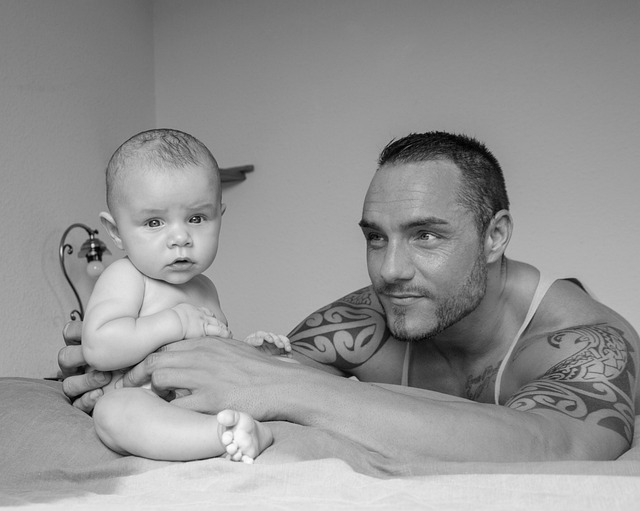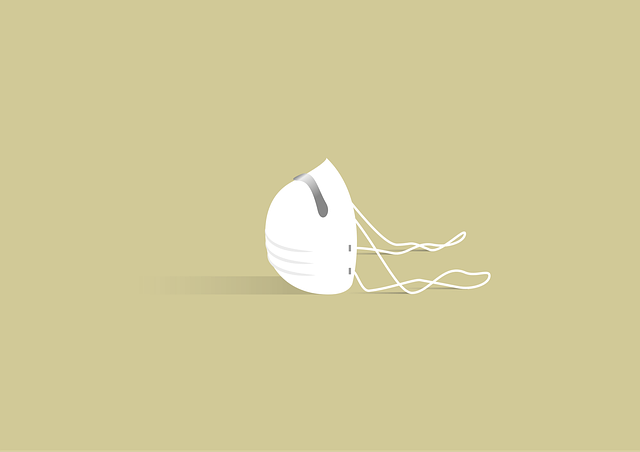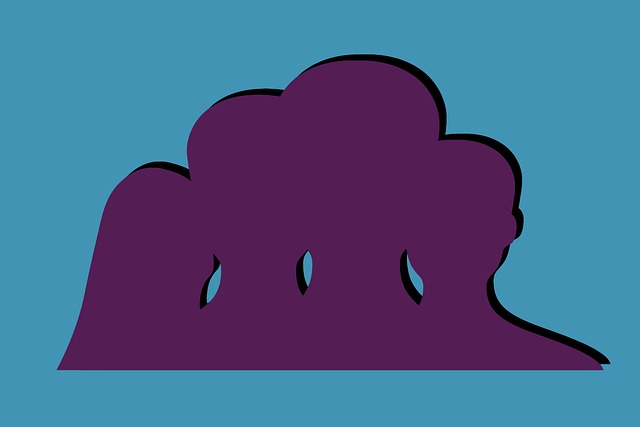Child welfare legal services in Oregon, particularly within Marion County, are essential for navigating complex laws regarding child protective services and DHS child welfare cases. Specialized attorneys protect parental rights while ensuring the best interests of children, upholding Oregon family law. In Marion County, these services prioritize fair representation, open communication among stakeholders, and positive outcomes for both parents and children. Effective representation in DHS child welfare cases requires strategic approaches like challenging evidence, questioning witnesses, and building strong client relationships to safeguard constitutional rights without compromising child security.
“In the intricate world of Oregon family law, representing families in child welfare legal battles is a delicate yet vital task. This comprehensive guide delves into the core aspects of child welfare legal services, with a focus on parental rights protection and navigating complex DHS (Department of Human Services) child welfare cases. From understanding the foundational principles to exploring Marion County’s child advocacy-centric approach, we provide essential strategies for effective legal defense in these sensitive matters. Join us as we unravel the intricacies of Oregon’s child protective services law.”
- Understanding Child Welfare Legal Services: A Foundation for Family Representation
- Parental Rights Protection: Balancing Safety and Family Integrity in DHS Cases
- Navigating Oregon's Child Protective Services Law: Marion County Child Advocacy Focused
- Complexities of DHS Child Welfare Cases: Strategies for Effective Legal Defense
Understanding Child Welfare Legal Services: A Foundation for Family Representation

Child welfare legal services play a pivotal role in protecting parental rights and ensuring the best interests of children involved in DHS child welfare cases. In Oregon, particularly within Marion County child advocacy circles, these services are crucial for navigating complex legal landscapes related to child protective services laws. Understanding the fundamentals of child welfare law is essential for effective family representation.
Attorneys specializing in this field help families navigate Oregon family law, ensuring their rights are upheld throughout the process. By comprehending the intricacies of child welfare legal services, these professionals can advocate for their clients, challenge inappropriate interventions, and foster positive outcomes. This foundation of knowledge is vital to building strong cases and advocating for both parents and children in challenging DHS child welfare cases.
Parental Rights Protection: Balancing Safety and Family Integrity in DHS Cases

In child welfare legal battles, particularly in DHS (Department of Human Services) cases, the protection of parental rights is a delicate balance between ensuring the safety and well-being of children and preserving family integrity. Oregon’s child protective services law mandates that families receive fair representation and due process during these proceedings. In Marion County child advocacy circles, attorneys specializing in these matters strive to navigate the complex web of legal requirements while advocating for clients’ rights under Oregon family law.
One of the primary goals is to safeguard parents’ constitutional rights without compromising the safety of children involved. This balance becomes increasingly crucial when families face potential separation or loss of custody. Skilled lawyers in this field know that effective representation involves not just challenging allegations but also presenting a compelling case for maintaining familial bonds, especially when there’s no immediate threat to a child’s safety. They work diligently to ensure parents’ rights are protected throughout the process, aiming for resolutions that foster healthy family dynamics and align with the best interests of all involved parties.
Navigating Oregon's Child Protective Services Law: Marion County Child Advocacy Focused

Navigating Oregon’s Child Protective Services (CPS) Law, with a specific focus on Marion County’s child advocacy initiatives, is crucial for families involved in child welfare legal battles. The state’s CPS system is designed to protect children and ensure their well-being while also recognizing and upholding parental rights. In Oregon, including Marion County, the Department of Human Services (DHS) plays a pivotal role in managing DHS child welfare cases, ensuring that all parties’ interests are fairly represented.
Marion County has implemented child advocacy programs aimed at providing comprehensive legal services to families. These initiatives prioritize open communication and collaboration among various stakeholders—including social workers, attorneys, and support services—to foster positive outcomes for both children and parents. By integrating parental rights protection into the CPS process, Marion County’s approach ensures that families are well-informed and supported throughout their interaction with the child welfare system, aligning with Oregon family law guidelines.
Complexities of DHS Child Welfare Cases: Strategies for Effective Legal Defense

Child welfare legal battles are intricate and complex, especially when involving the Department of Human Services (DHS) in Oregon, such as cases handled by Marion County Child Advocacy. These cases often pit parental rights protection against the state’s obligation to ensure a child’s safety. The legal defense strategy must navigate a web of federal and state laws, including the Child Protective Services Law and Oregon Family Law, while also considering the unique circumstances of each family.
Effective representation requires a deep understanding of DHS procedures and policies. Lawyers must be adept at challenging evidence, questioning witness credibility, and presenting alternative explanations for parental actions. Additionally, building strong relationships with clients and their support networks is vital to gathering compelling evidence that can counter the state’s case. This strategic approach ensures that families receive fair treatment and that parental rights are protected during these trying times.






